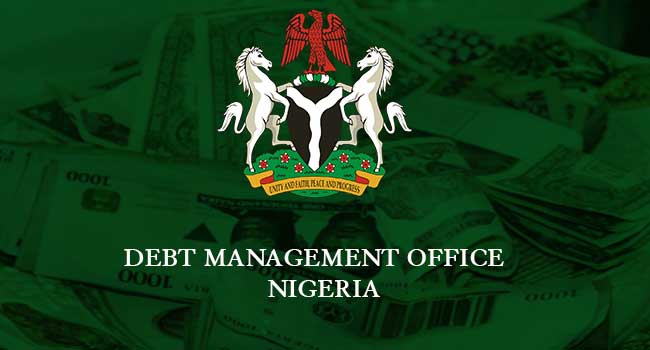Nigeria’s Debt Management Office (DMO) has shed light on the sharp increase in the country’s total domestic debt stock from December 2022 to June, citing the inclusion of N22.719 trillion securitized Ways and Means advances as the primary driver.
In a recent statement, the DMO clarified that the earlier published total domestic debt of N55.93 trillion was actually the figure for September 30, not December 30, accentuating the need for accurate interpretation of the data.
“The increase in the total domestic debt stock between June 30 and Sept. 30 was 3.3 per cent. The total domestic debt grew sharply between December 2022 and June due to the inclusion of the securitized Ways and means advances which was added to the debt stock in June,” the DMO explained.
The country’s total public debt stock reached N87.91 trillion (approximately 114.35 billion dollars) as of September 30, encompassing both the domestic and external debts of the Federal Government, the 36 state governments, and the Federal Capital Territory (FCT). The N87.91 trillion debt stock showed a marginal increase of 0.61 per cent compared to the June figure of N87.38 trillion.
This revelation from the DMO provides a clearer understanding of the factors propelling Nigeria’s escalating domestic debt, fueling discussions about the country’s fiscal policies and economic management. As Nigeria strives to navigate its financial landscape, the impacts of these debt dynamics on the economy continue to draw global attention.
